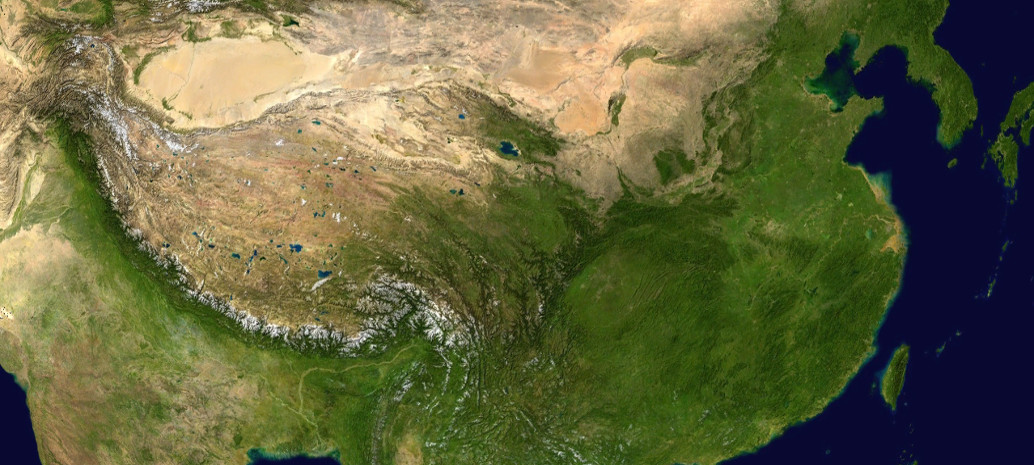Someone in China is setting up a very large factory for high-efficiency solar cells.
Today Intevac reported an order for 12 of its ENERGi ion implant systems by an un-named customer in China, which will enable a more than 1 GW expansion of solar cell capacity. The California-based tool maker has identified that this is the same Chinese customer that ordered two systems in 2016, which were shipped in the second half of the year.
While Intevac’s ion implant systems are part of its Thin Film business, the company has revealed that these tools will be used to enable higher efficiencies in the Chinese PV maker’s bi-facial n-type monocrystalline silicon PV cell production. And while more details about the technology to be supported were not available, this will be a significant expansion for bi-facial n-type mono cell capacities. N-type mono cells were only 5% of the global PV cell market in 2016, according to the latest edition of the German Engineering Federation’s (VDMA) International Technology Roadmap for Photovoltaics.
These 12 ENERGi systems are scheduled to ship in the second half of 2017, and Intevac says that revenue recognition will be dependent upon the timing of customer sign-off. The company will provide an update to its revenue guidance during its first-quarter results call scheduled for May 1, 2017.
This content is protected by copyright and may not be reused. If you want to cooperate with us and would like to reuse some of our content, please contact: editors@pv-magazine.com.



By submitting this form you agree to pv magazine using your data for the purposes of publishing your comment.
Your personal data will only be disclosed or otherwise transmitted to third parties for the purposes of spam filtering or if this is necessary for technical maintenance of the website. Any other transfer to third parties will not take place unless this is justified on the basis of applicable data protection regulations or if pv magazine is legally obliged to do so.
You may revoke this consent at any time with effect for the future, in which case your personal data will be deleted immediately. Otherwise, your data will be deleted if pv magazine has processed your request or the purpose of data storage is fulfilled.
Further information on data privacy can be found in our Data Protection Policy.